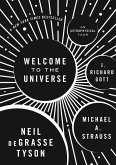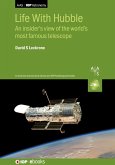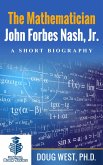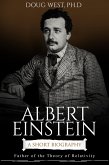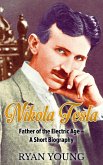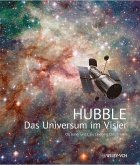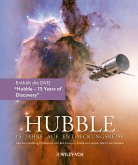Hubble's work offered evidence that changed humankind's perception of the universe. He wanted to find something unexpected, and he did so admirably. The impact of his declaration that the galaxies are hurtling away from each other, and that the space between them is expanding as time goes by can be felt until now. The proponents of the Big Bang Theory used Hubble's observations in setting down their basic assumptions. Modern astrophysicists theorize that as a consequence of this expansion, it is possible that at a certain point, this instability will lead to a reversal of the expansion and the universe itself will end in a Big Crunch. Another theory presents the possibility of an unending expansion that will also lead to the death of the universe due to cooling and distension.
In "A Brief History of Time," Stephen Hawking, the preeminent British astrophysicist stated that Hubble's discovery of the expanding universe was "one of the great intellectual revolutions of the 20th century." As part of Edwin Hubble's legacy, NASA honored this great astronomer by naming the first orbiting space telescope the "Hubble Space Telescope."
Dieser Download kann aus rechtlichen Gründen nur mit Rechnungsadresse in A, B, CY, CZ, D, DK, EW, E, FIN, F, GR, H, IRL, I, LT, L, LR, M, NL, PL, P, R, S, SLO, SK ausgeliefert werden.



